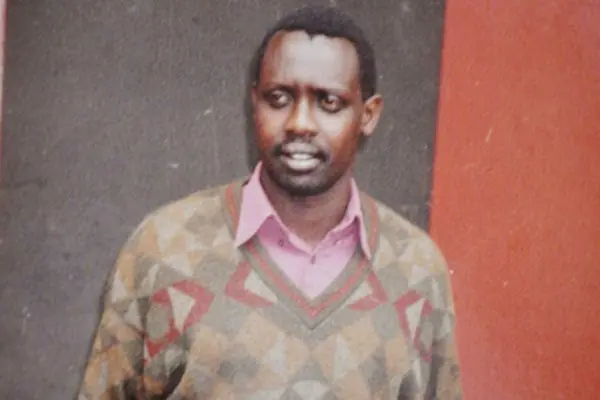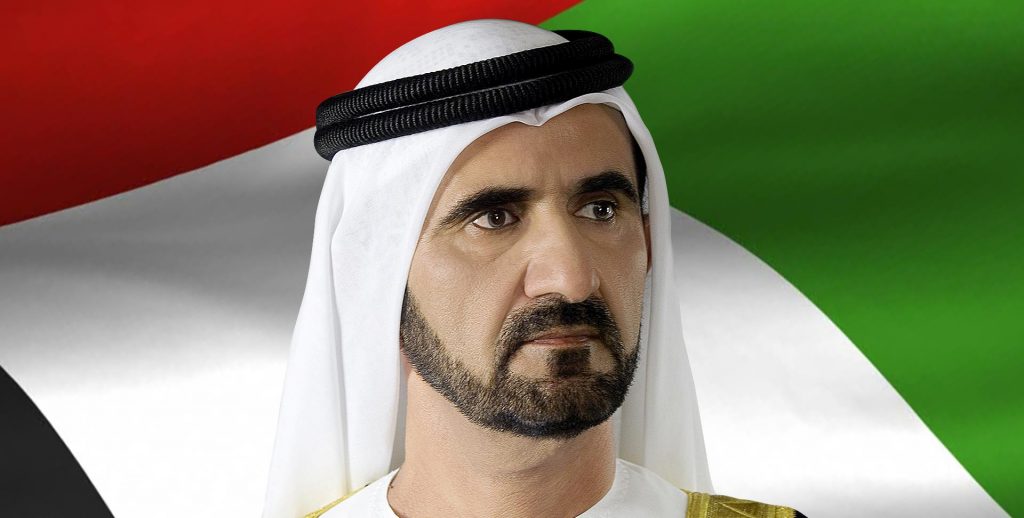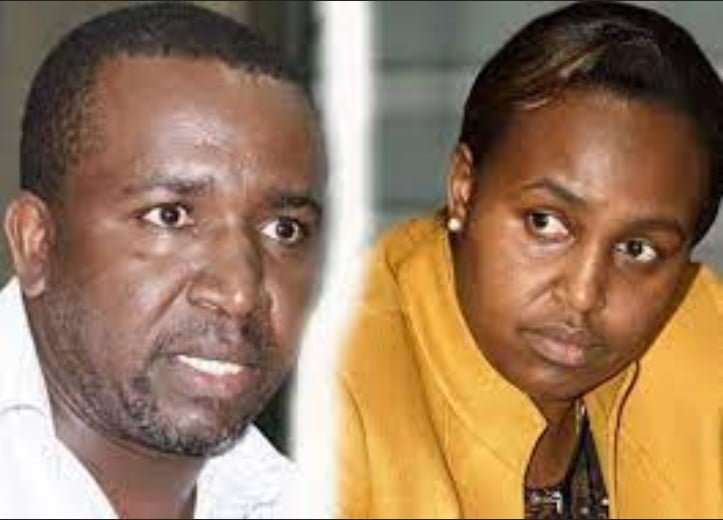Former Chief Justice David Maraga has launched a blistering attack on President William Ruto, accusing him of running the most sophisticated bribery network in Kenya’s political history.
Maraga’s revelations go beyond the usual political mudslinging. He claims Ruto bribes Members of Parliament and Senators when he needs their loyalty, only to mock and discard them afterward.
He insists this hypocrisy exposes the rot at the heart of Ruto’s administration. The allegations have placed the President in a moral and political corner that Kenyans can no longer ignore.

How Maraga Exposes Ruto’s Bribery Tactics
Maraga’s criticism came after Ruto publicly accused MPs of soliciting bribes from governors and state officers who appear before parliamentary committees. For Maraga, this was more than just a passing statement—it was an extraordinary admission from the President himself that bribery sits at the heart of Kenya’s governance.
According to Maraga, Ruto has no moral ground to lecture MPs on corruption while his own office is marred with scandals. The former CJ insists that the President orchestrated massive bribery campaigns in Parliament, especially during the bitter fallout with his estranged deputy, Rigathi Gachagua. Maraga claims that public confessions from MPs prove Ruto distributed bribes to secure their loyalty.
He argues that Ruto’s double-faced strategy is now too blatant to be hidden. “The President bribes Parliament when he needs their help, then ridicules them in public once their usefulness ends,” Maraga said. He likened Ruto’s maneuvers to historical betrayals, saying “Brutus has nothing on Ruto.”
For Maraga, this pattern of bribery and betrayal not only undermines democracy but also deepens the poverty of millions of Kenyans whose resources are siphoned into political deals rather than public service.
Maraga’s Four-Point Advice to Ruto
Despite his fiery criticism, Maraga outlined four ways Ruto can still salvage his presidency before it is too late.
Budget Transparency – Ruto must account for every shilling in his so-called “empowerment” programs, disclosing beneficiaries and expenditure lines.
Action on Mega Scandals – He must allow investigations into eCitizen theft, ghost schools, and dubious multi-billion renovations, with findings made public.
Reopen Graft Cases – Ruto should reverse the discontinuation of corruption prosecutions from the Uhuru era and let the courts decide the outcomes.
Equal Accountability – Anti-corruption efforts should target the executive, judiciary, and parastatals, not just MPs.
Maraga stressed that anything short of this will leave Ruto branded as the President who preached integrity while practicing bribery.
Why Ruto’s Bribery Tactics Could End His Presidency Early
Maraga drew a bold comparison to Kenya’s past, recalling how Daniel arap Moi handed power to Mwai Kibaki after KANU’s rejection in 2002. He suggested that Ruto, too, should consider handing over leadership before 2027 instead of dragging Kenyans further into political despair.
He noted that MPs’ own admissions about receiving bribes from the President are enough to strip Ruto of the moral authority to remain in office. In Maraga’s words, “Kenyans do not need to wait for a general election to bring in new hope.”
If his claims hold, Ruto’s survival in State House could be hanging by a thread. The narrative is simple yet explosive—Kenya’s Commander-in-Chief is accused of being the chief engineer of the bribery he claims to condemn.











































